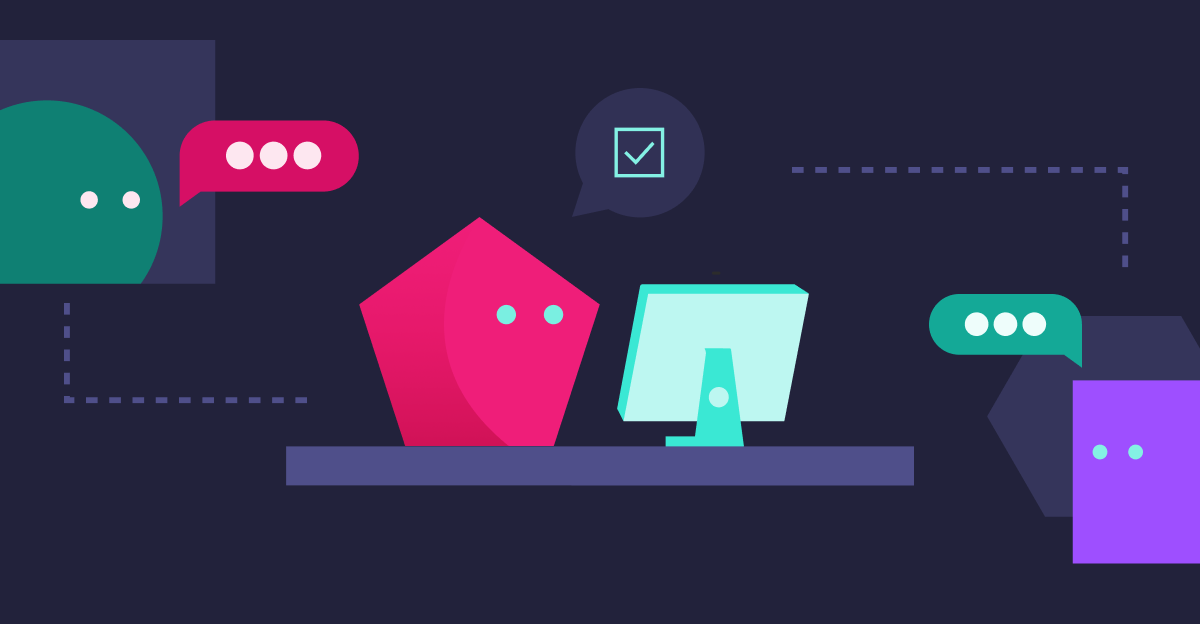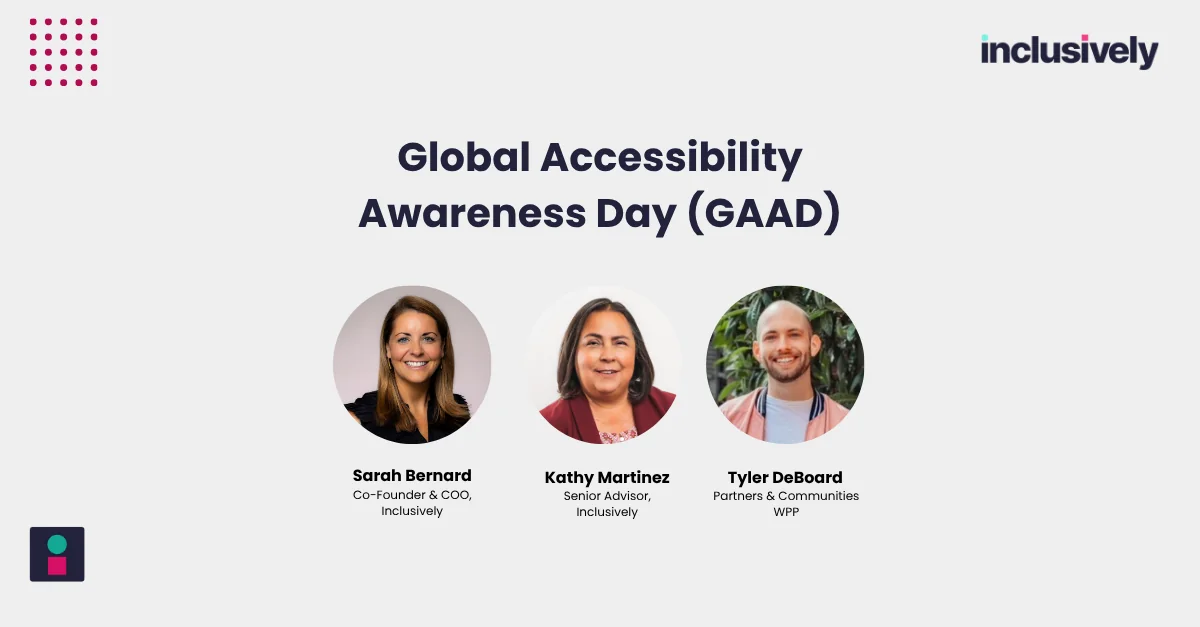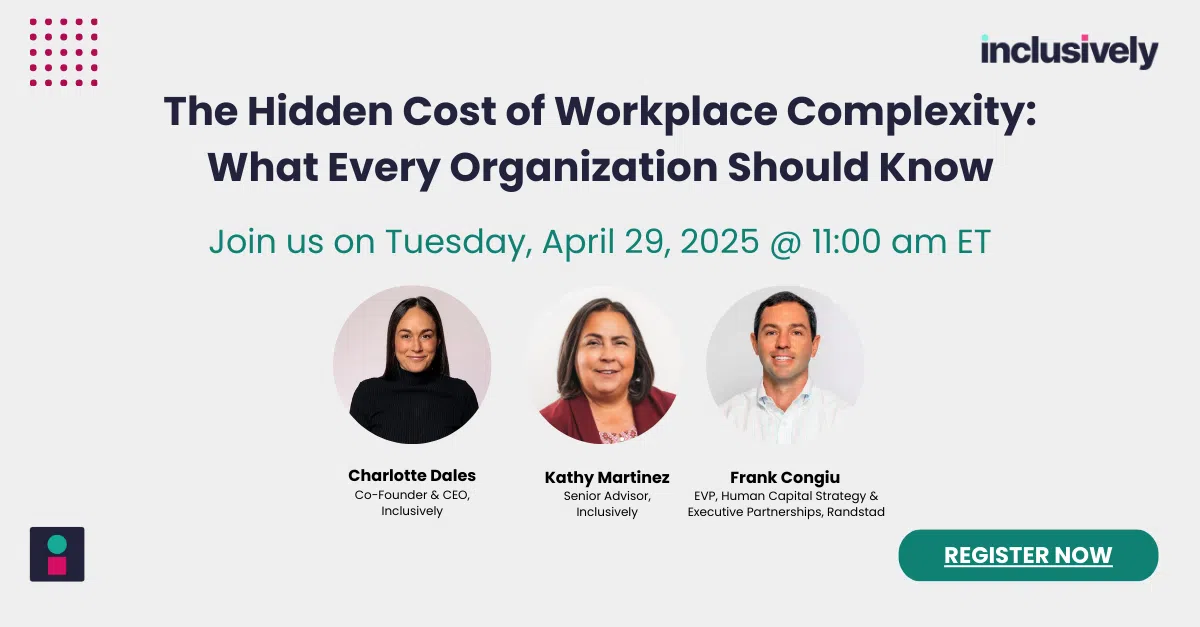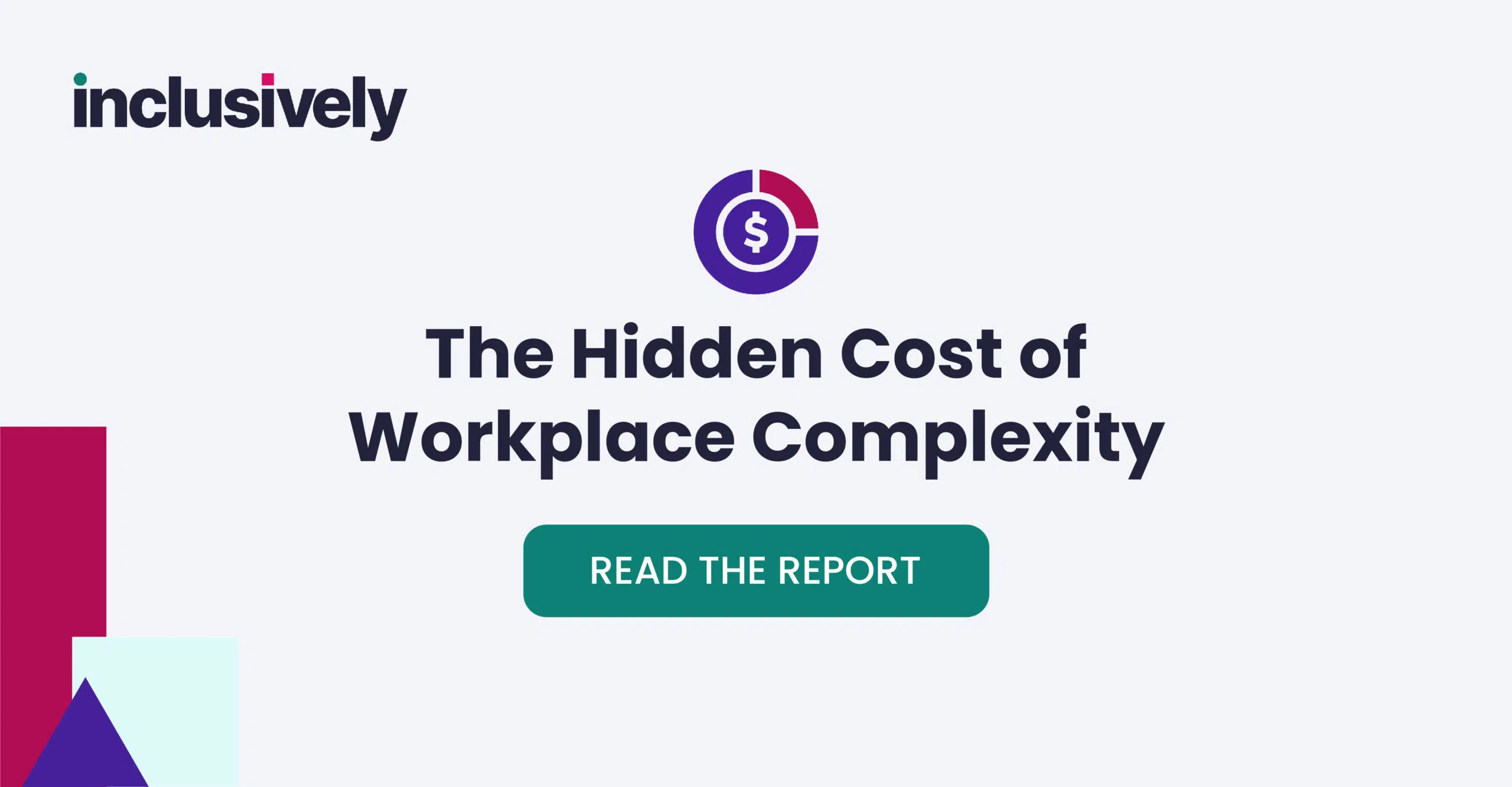Modern workers want personalization.
After a long stretch of remote work due to the pandemic, many employees became accustomed to their home routines — heads-down focus on cognitive-heavy tasks, balancing childcare, caregiving, or personal needs, and taking breaks when they need them.
As a result, some have grown more productive (and happier) in their jobs. As they moved back into the office, they wanted to hold on to the newly established patterns that helped them succeed.
They wanted more personalized ways to work.
A “human energy crisis.”
These trends are perhaps in response to “the human energy crisis.” According to Microsoft’s chief people officer, Kathleen Hogan, many workers are “languishing, feeling burnt out, and exhibiting emotional detachment.”
This energy crisis raises big questions for HR leaders. How do they tackle flexible schedules, mental health, and remote work? How do they measure productivity? The workforce has a fresh set of needs and expectations, making a simple reboot to pre-pandemic practices impossible.
Gen Z and Millennials, who will make up 58% of the global workforce by 2030, are accustomed to personalization in almost every aspect of their lives, from media consumption to shopping. Now, they expect the same from their employers.
Personalizing workplaces at scale using AI-powered tools.
Traditional HR practices, typically reactive and uniform, are no longer sufficient. Advanced tools like AI and analytics are revolutionizing HR functions, shifting from a reactionary stance to a more anticipatory and tailored approach. Products like Retain by Inclusively are at the forefront of this shift.
Retain harnesses AI to generate custom accommodation and work personalization suggestions, adapting to individual employee needs and job functions.
See how Retain helps you create a personalized workplace at scale.
This shift is crucial in an era where employee dissatisfaction stems not just from the nature of work but from how work is structured and experienced. It’s also important as HR teams see an influx of accommodation requests.
The future of work is here, and it’s being shaped by AI-driven personalization.
In the past, accommodation requests were a cumbersome process, managed through ticketing systems and often resulting in inefficiencies and delays.
AI is transforming this approach into a proactive, streamlined, and personalized one. Retain, for instance, helps companies efficiently understand and address accommodation needs.
Work is not just a place we go to; it’s an environment that significantly impacts our social and emotional well-being. Many modern workers, some of whom may not identify as having a disability, require accommodations and Success Enablers to feel satisfied and productive.
Companies that adapt to these changes, understanding and proactively meeting the different needs of their workforce, will thrive.
The goal is not just to fill positions but to create environments where employees can bring their best selves to work.
As we embrace this new era, it’s essential to remember that AI is a tool to enhance human capabilities, not replace them. The blend of technology and human insight is what will define the future of work, making it more inclusive, productive, and satisfying for everyone involved.
The future of work is unfolding now. Those who adapt, who harness the power of AI to meet the personalized needs of their workforce, will get the best talent.



